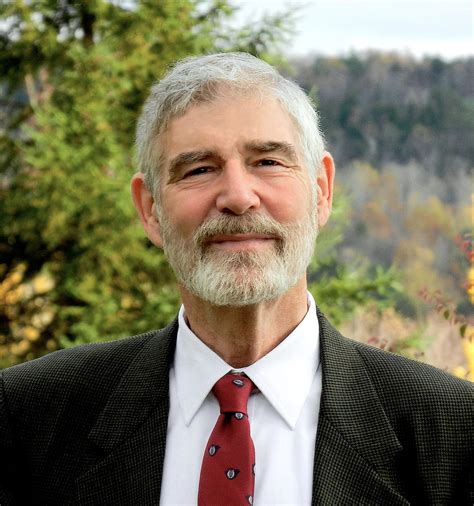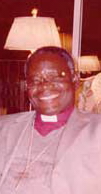A Quote by Nelson Mandela
Like slavery and apartheid, poverty is not natural. It is man-made and it can be overcome and eradicated by the actions of human beings.
Related Quotes
Like slavery and apartheid, poverty is not natural. It is man-made and it can be overcome and eradicated by the actions of human beings. Overcoming poverty is not a gesture of charity. It is an act of justice... Sometimes it falls upon a generation to be great. You can be that great generation. Let your greatness blossom.
When you read Marx (or Jesus) this way, you come to see that real wealth is not material wealth and real poverty is not just the lack of food, shelter, and clothing. Real poverty is the belief that the purpose of life is acquiring wealth and owning things. Real wealth is not the possession of property but the recognition that our deepest need, as human beings, is to keep developing our natural and acquired powers to relate to other human beings.
A few hundred years ago, perhaps 85 or even 90 percent of humanity lived below a standard of living that today only 40 or 45 percent fail to reach. But at that earlier time only part of this poverty could have been eradicated, and this at substantial cost not only to the pleasures of the affluent, but also to their well-being and to human culture. In our time, nearly all severe poverty could be eradicated at a cost to the affluent that is truly trivial.
We're human beings we are - all of us - and that's what people are liable to forget. Human beings don't like peace and goodwill and everybody loving everybody else. However much they may think they do, they don't really because they're not made like that. Human beings love eating and drinking and loving and hating. They also like showing off, grabbing all they can, fighting for their rights and bossing anybody who'll give them half a chance.
To regard human beings as tools - as instruments - for the use of other human beings is not only unscientific but it is repugnant, stupid and short sighted. Tools are made by man but have not the autonomy of their maker - they have not man's time-binding capacity for initiation, for self-direction, and self-improvement.
Human beings are not property. On the International Day for the Abolition of Slavery, let us reaffirm the inherent dignity of all men, women and children. And let us redouble our efforts so that the words of the Universal Declaration of Human Rights - 'no one shall be held in slavery or servitude' - ring true.
A lot of things that we cannot buy and sell in markets used to be totally legal objects of market exchange - human beings when we had slavery, child labour, human organs, and so on. So there is no economic theory that actually says that you shouldn't have slavery or child labour because all these are political, ethical judgments.









































